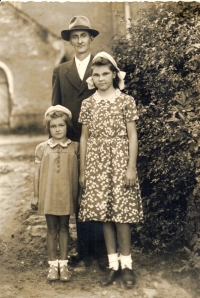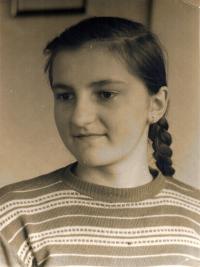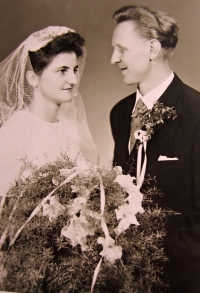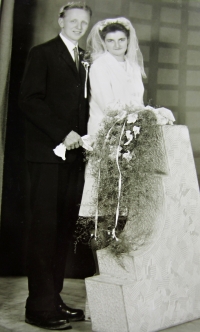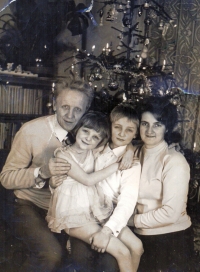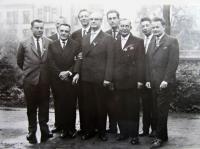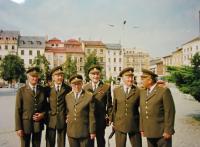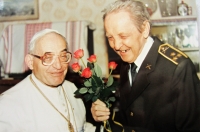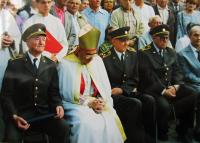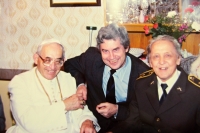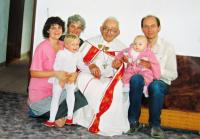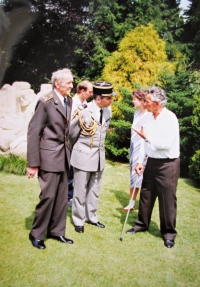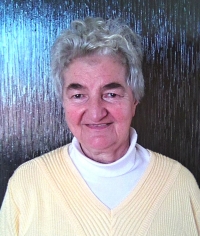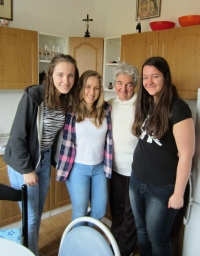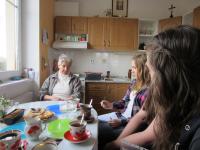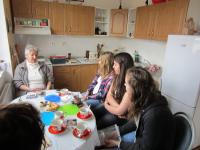Tolerate people, do not judge them, you never know all the reasons
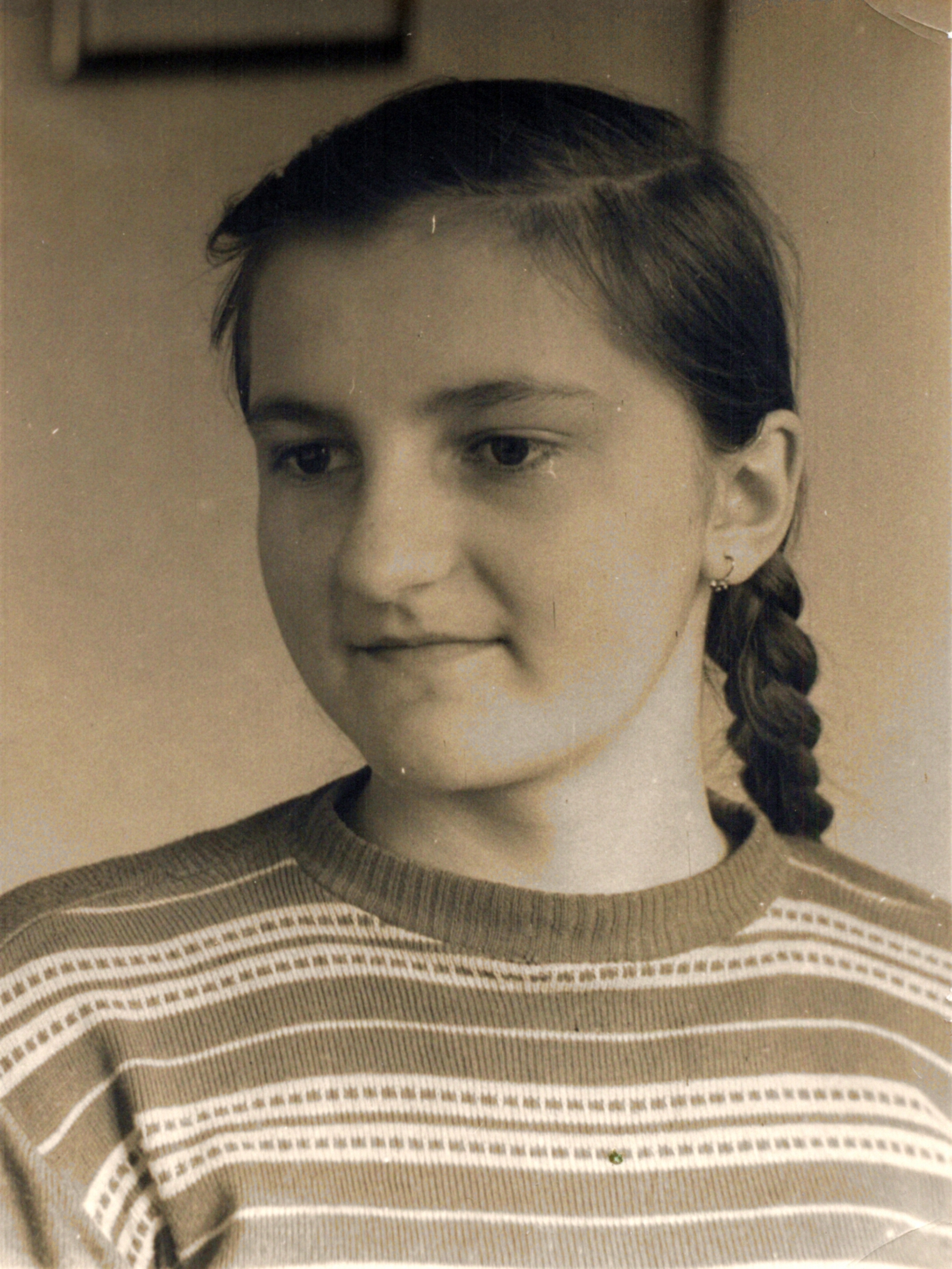
Stáhnout obrázek
Ludmila Čechová, née Kmošková, was born in 1945 in Štoky near Havlíčkův Brod. She grew up in a Catholic family and she was not admitted to the school of nursing due to her faith. She later completed this school in the form of attending evening classes. In 1965 she married Josef Čech who had spent fifteen years in a communist prison. They were persecuted by the Secret Police StB for their entire lives and an eavesdropping device was installed in their house. Her husband passed away in 1994 and Ludmila, a nurse by profession, was looking after him before he died. After her husband‘s death she was looking after their friend, abbot of the Želiv monastery Vít Tajovský, and she was also taking care of another former political prisoner Luboš Hruška.
